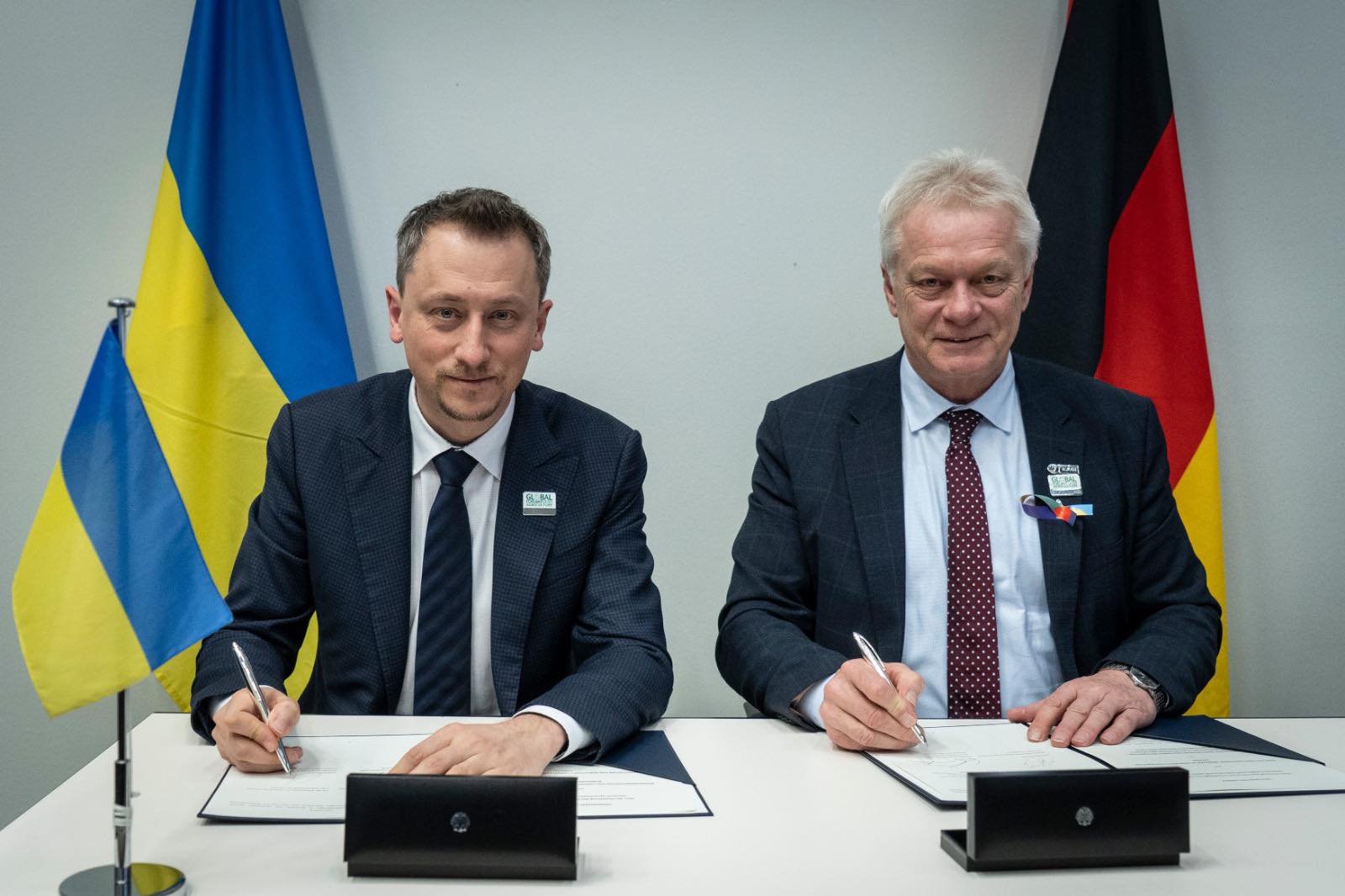The issue of expanding cooperation and scaling up existing projects was discussed during a meeting in Kyiv between Ukraine's First Deputy Prime Minister and Minister of Economy, Yulia Svyrydenko, and the Managing Director of the EBRD in the financial institutions sector, Francis Malige.
The meeting was also attended by the First Deputy Minister Oleksii Sobolev, Deputy Ministers Andriy Teliupa, Ihor Bezkaravynyi, and EBRD representatives.
Yulia Svyrydenko briefed the EBRD representatives on the progress of government programs supporting business. These include the Affordable Loans 5-7-9% program, the housing program eOselya, programs supporting small and medium-sized enterprises, and compensation programs for farmers for the demining of agricultural land. The parties discussed potential support for these and other programs from partners.
The First Deputy Prime Minister also introduced the priority sectors where the government sees the greatest potential for attracting investments. These include energy, transport and logistics, agro-processing, critical materials, the development of the manufacturing industry, including the defense-industrial complex, IT and digitalization, among others.
The participants of the meeting paid attention to financing the real sector. They discussed the effective use of grants, loans, and other support instruments, as well as the attraction of private capital.
Yulia Svyrydenko thanked the EBRD for its systematic support of the Ukrainian economy.
By the end of 2024, the EBRD became one of the key institutional investors in Ukraine, investing 2.4 billion euros in various projects. Investments were directed towards strengthening energy security, developing critical infrastructure, supporting food security, trade, and the private sector. The bank has also actively collaborated with donors, attracting more than 2.6 billion euros in donor support since 2022, including non-financial guarantees. After the 2023 decision to increase capital by 4 billion euros, the EBRD plans to maintain investments at a level of 1.5 billion euros annually with possible growth during the recovery period.




















